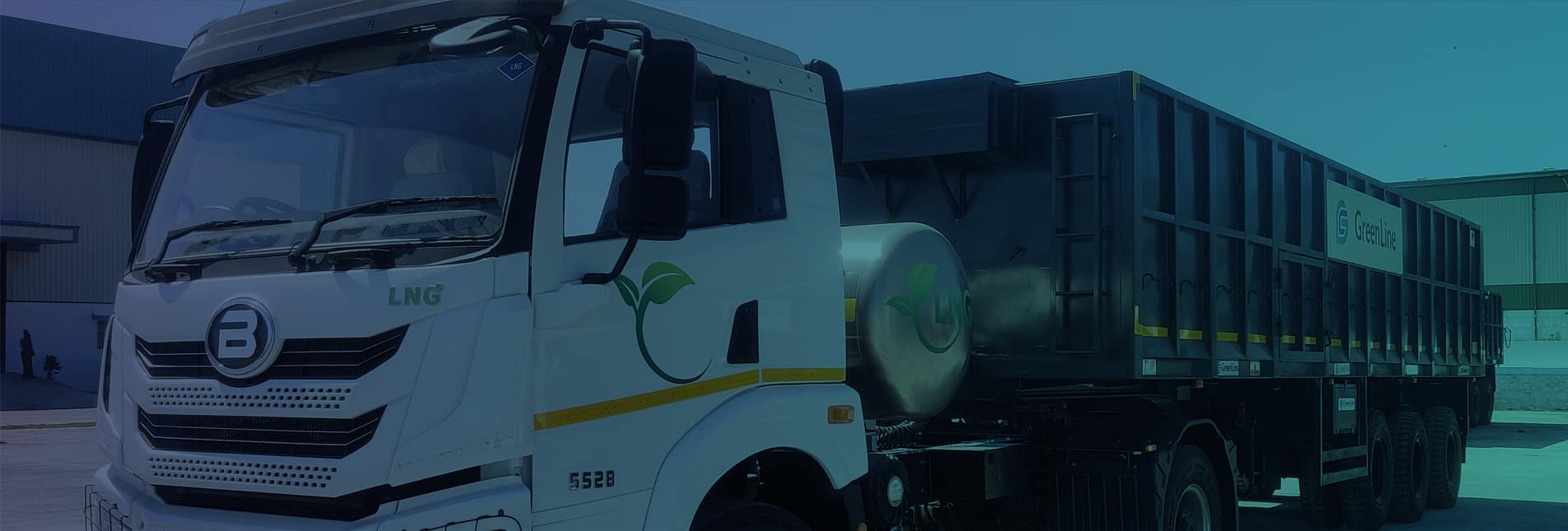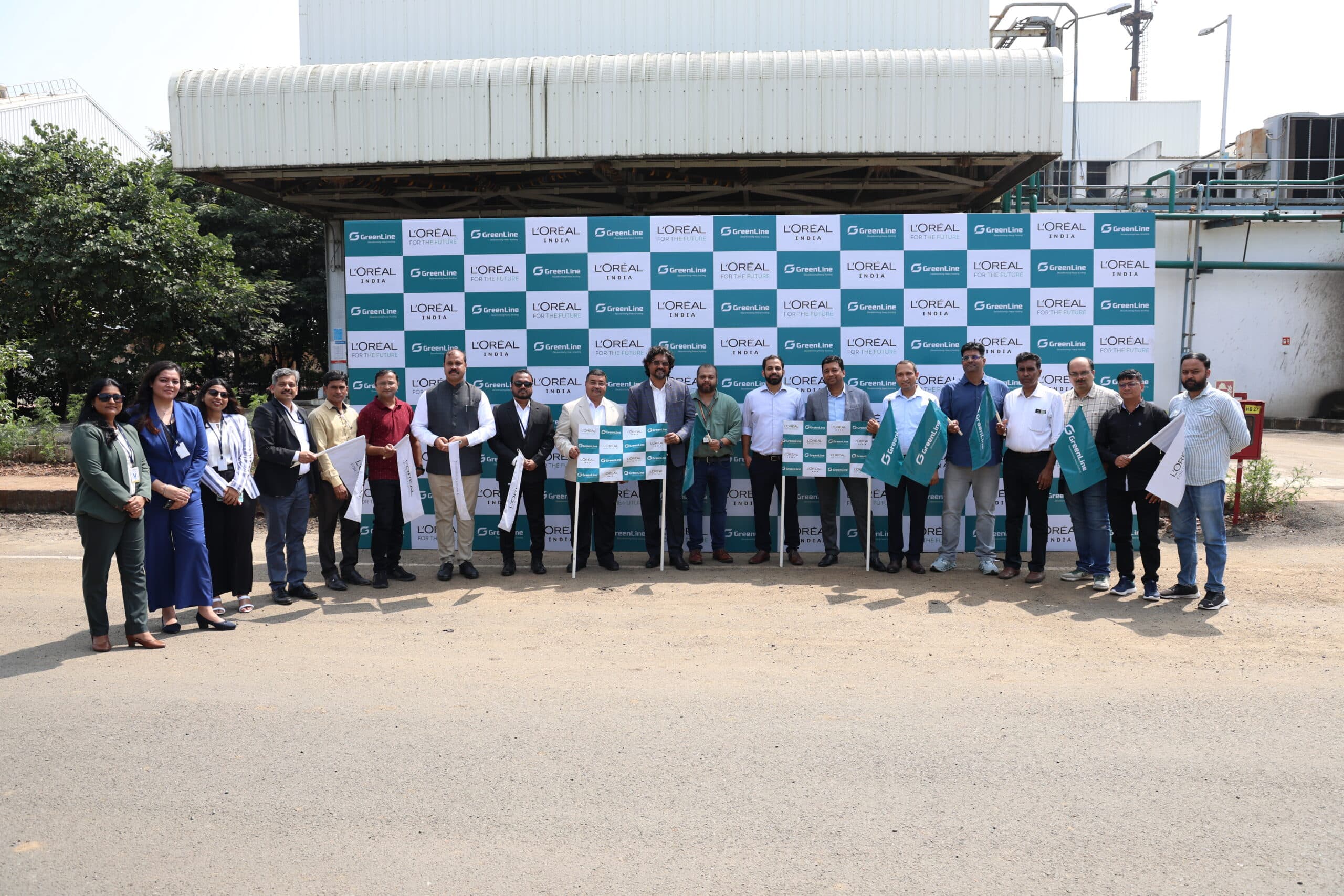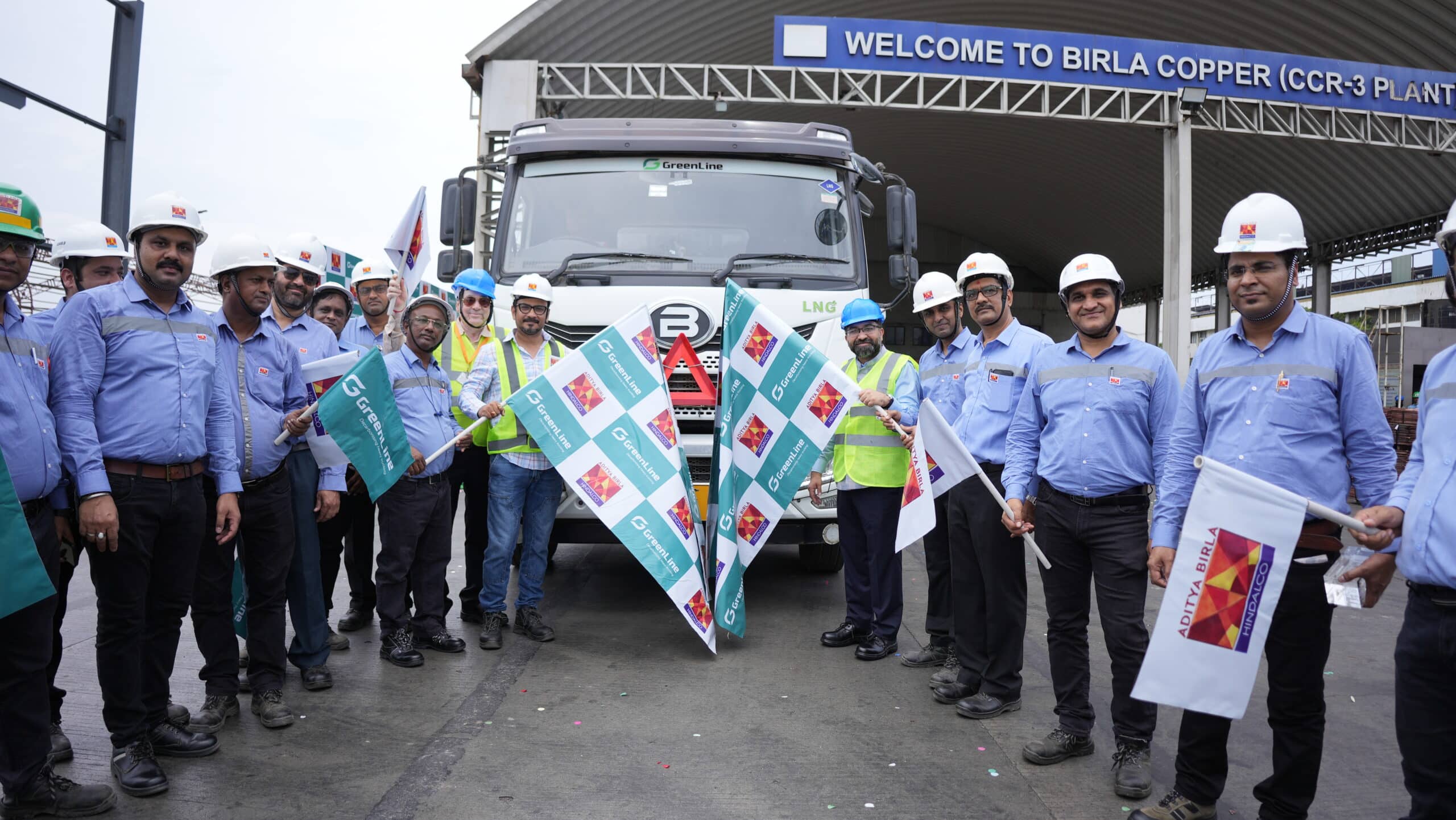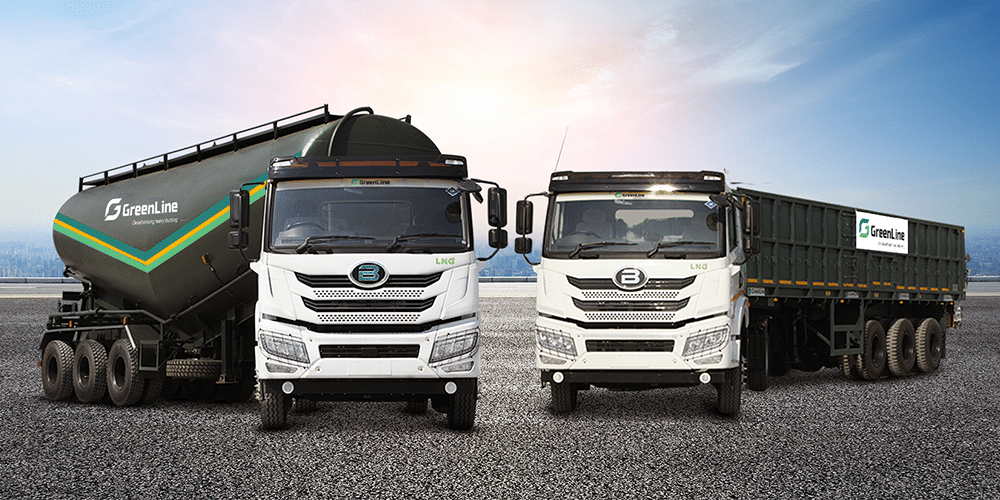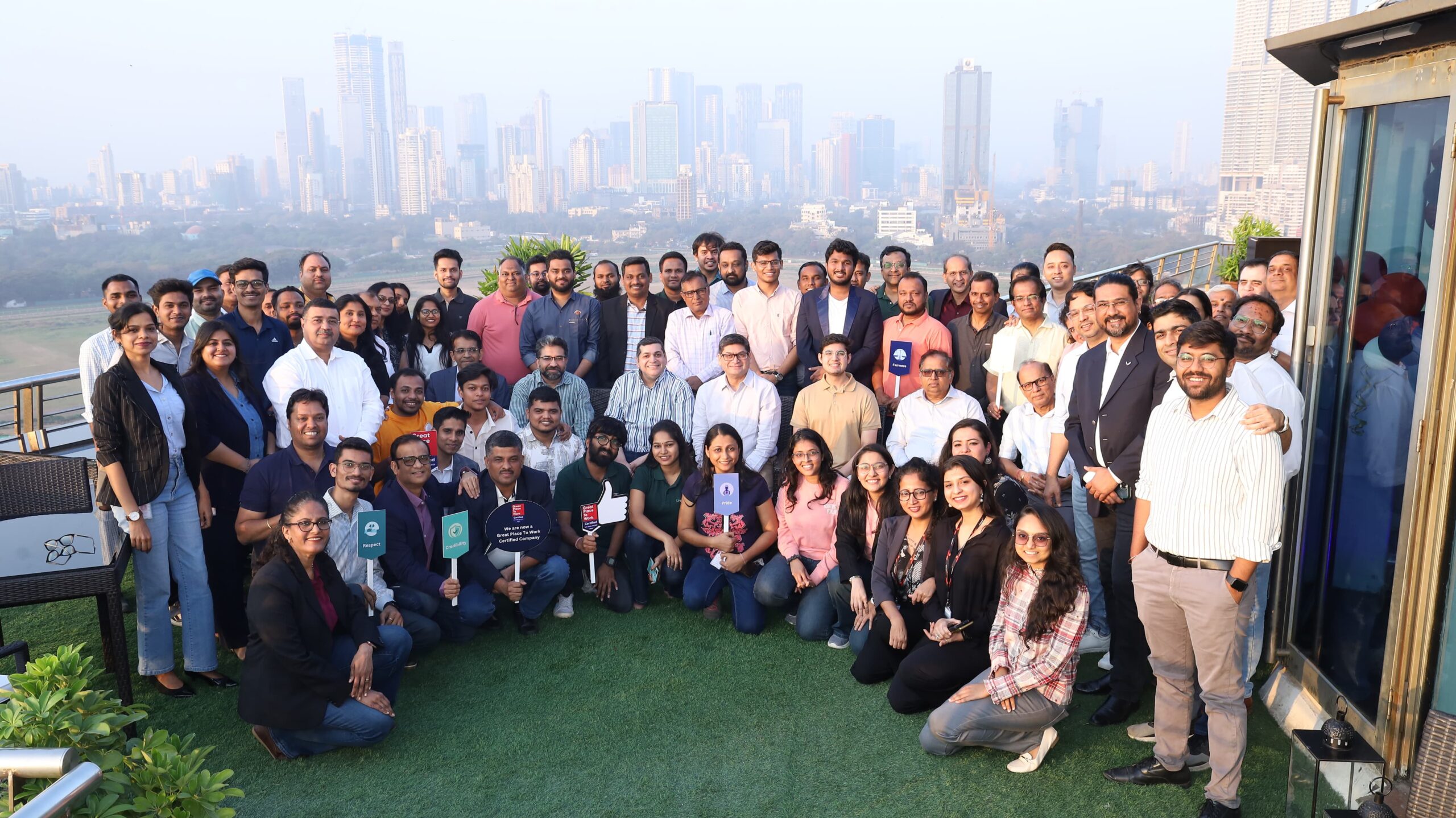Miles to go green, India’s road to sustainable logistics
India’s logistics network, the intricate system that fuels its economic engine, stands at a critical crossroads. The movement of goods across this vast nation presents both a challenge and a remarkable opportunity: decarbonizing this essential network. This exploration delves into the evolving landscape of sustainable logistics in India, focusing on the collaborative efforts and innovative approaches that are charting a course toward a greener future.
The journey toward decarbonization is a complex undertaking, demanding a delicate balance of strategic policies, cutting-edge technologies, and the ingenuity of those driving change. It’s a process of continuous evolution, where existing systems are thoughtfully adapted and enhanced to minimize their environmental impact.
Government plays a foundational role in setting the stage for this transformation. Well-crafted policies that incentivize sustainable practices, encourage the adoption of cleaner technologies, and facilitate the development of crucial infrastructure are essential. These frameworks provide a stable and predictable environment, empowering businesses to invest in sustainable solutions with confidence. They also cultivate a climate where innovation can flourish, sparking the development of new technologies and forward-thinking business models.
Technology serves as a powerful catalyst for change. Breakthroughs in areas like electric vehicles, alternative fuels, and intelligent logistics are revolutionizing how goods are transported. Electric vehicles offer a cleaner, more efficient option for urban deliveries, reducing emissions and improving air quality in India’s bustling cities. Liquefied Natural Gas (LNG) presents a viable and cleaner-burning alternative fuel, particularly for heavy-duty trucking, offering a more immediate option for decreasing dependence on traditional fossil fuels. Smart logistics, powered by data analytics and artificial intelligence, optimizes routes, minimizes empty runs, and enhances overall efficiency, further reducing environmental impact.
The spirit of entrepreneurship is a driving force behind this transformation. Start-ups and small businesses are developing ingenious solutions tailored to the unique challenges of the Indian logistics context. From innovative charging solutions for electric vehicles to AI-driven logistics platforms, these ventures are pushing the boundaries of what’s possible. Their agility and adaptability enable them to respond rapidly to evolving market demands, accelerating the adoption of sustainable practices.
Collaboration is paramount to success. Decarbonizing India’s logistics sector is a shared responsibility, requiring a concerted effort from all stakeholders. This includes government agencies, industry leaders, technology developers, and entrepreneurs. Open communication, knowledge sharing, and joint initiatives are crucial for building a cohesive ecosystem that champions sustainable logistics.
The shift toward a greener logistics sector is an ongoing process. It involves continuous research and development, a commitment to improvement, and a willingness to adapt to emerging challenges and opportunities. It also demands a long-term vision, recognizing that the benefits of decarbonization extend beyond immediate environmental gains. A sustainable logistics sector is not only cleaner; it’s also more efficient, more resilient, and more competitive in the global marketplace.
Decarbonizing India’s logistics landscape is a significant undertaking, but it’s a challenge that can be met with vision, innovation, and collaboration. By working together, stakeholders can create a transportation system that supports economic growth while minimizing its environmental footprint. The journey may be demanding, but the destination – a truly sustainable and efficient logistics sector – is within reach.
The article is authored by Anand Mimani, CEO, GreenLine Mobility Solutions Ltd.


